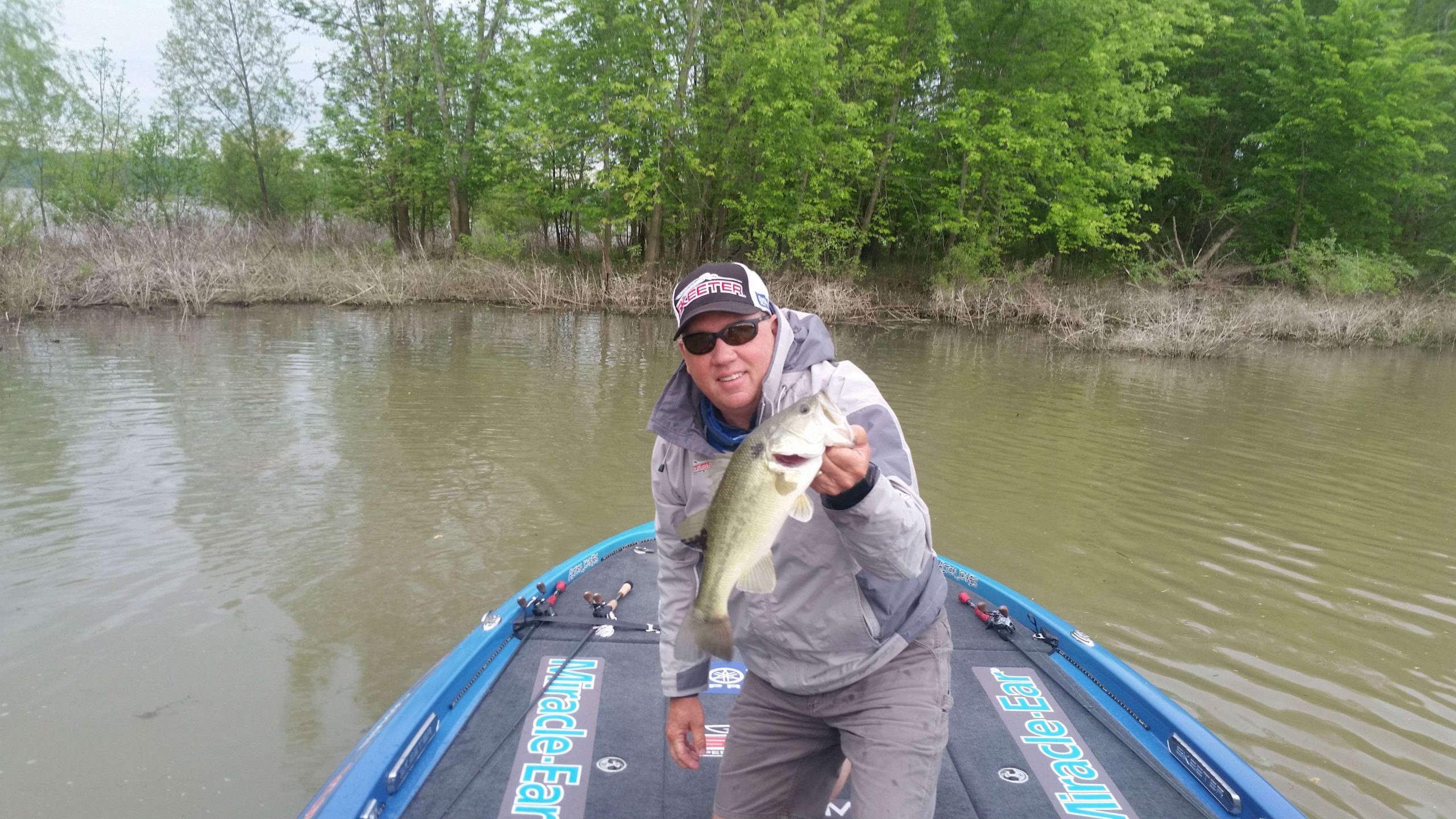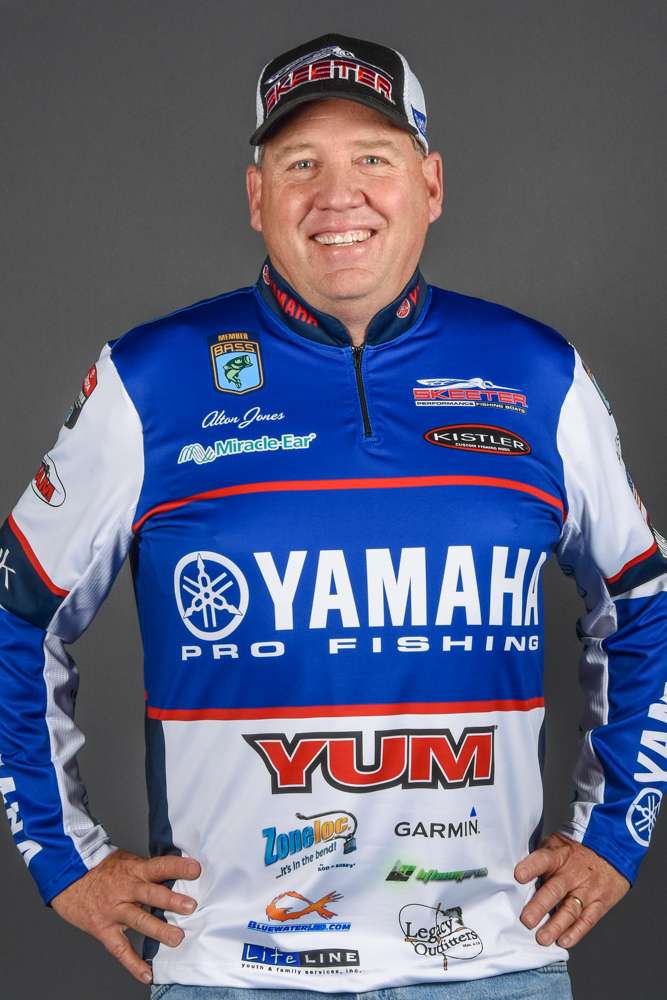
I’ve never had a keeper bite that wasn’t valuable, in some regard, but this week on the Sabine River, keeper bites will be at a premium.
I think that mentally this is going to be the most challenging event of the year. The reason I say that is because you’ll know that even if you’re on ‘em, you’re not really on ‘em because this is the Sabine.
This fishery requires a totally different mindset than a place like the upper Mississippi River, where the Elites will fish two weeks after the Sabine River. In a place like La Crosse, Wisc., it’s a mindset of power fishing, and I’ll know it when I get around them.
On the Sabine, it’s one bite at a time, and you know you’re going to have to grind them. So the important thing, I believe, will be to grind during practice. On the Mississippi River, you can fly during practice and cover lots of water because when you get around them, you’re going to know it quickly.
By contrast, getting around them on the Sabine may mean three or four fish, or one fish at a time. If you’re flying through an area, you could very well pass up that opportunity.
Bottom line, in a fishery like the Sabine, you have to practice differently and understand that being on fish here and being on fish most anywhere else we fish is a totally different scenario.
I came into this week’s practice already scaling back for that. I’m trying to be realistic with my expectations because I want to end practice excited. It’s hard to be excited with four keeper bites a day, but on the Sabine, that could be a good day if you’re getting some 2- to 3-pound bites.
Now, taking this into consideration, my formula for success is this: Find an area that has fish in it and then put your head down on tournament day and fish. You have to keep all your bait options open, but if you’re around them, stay put and eventually, your time will come.
With this tournament being rescheduled, we’re now fishing postspawn, summertime patterns. But even more impactful than the different time frame was the redefining of the event boundaries. Louisiana was already off limits, but we’re now limited to five Texas counties.
I spent three days down here before the cutoff and followed my usual preference of running away from the crowds. But when they redefined the boundaries, I found that the areas where I chose to spend my three days of pre practice are now no longer tournament waters.
That was frustrating because it was a waste of time and resources, which basically puts me back at ground zero. That’s part of the mental game, but you have to put yourself in the mindset that the obstacles that frustrate me will also frustrate everyone else in the field.
The reason I state this is because I want fans of the sport to understand the mental fight we go through to realize that obstacles don’t only affect me; we’re all playing on a level field. For every one of us, it’s going to be about our three days of preparation and our ability to find fish and figure out how to catch them.
This is going to be a tough event, there’s no question about it. But someone’s going to win. Someone’s going to get 108 points right here. So you have to realize what you’re fishing for.
That means every opportunity will mean more on the Sabine than in most places we go. You can go to Kentucky Lake and lose a 4-pounder, and you can overcome that. If you get that opportunity on the Sabine, you’d better put it in the boat.
Every bite is worth more; that means focus is worth more. The hardest thing to do when you’re not getting bit is to focus, yet the most important thing to do when you’re not getting bit is to focus. When the bite finally comes, you don’t want to let it take you by surprise and catch you off guard.

